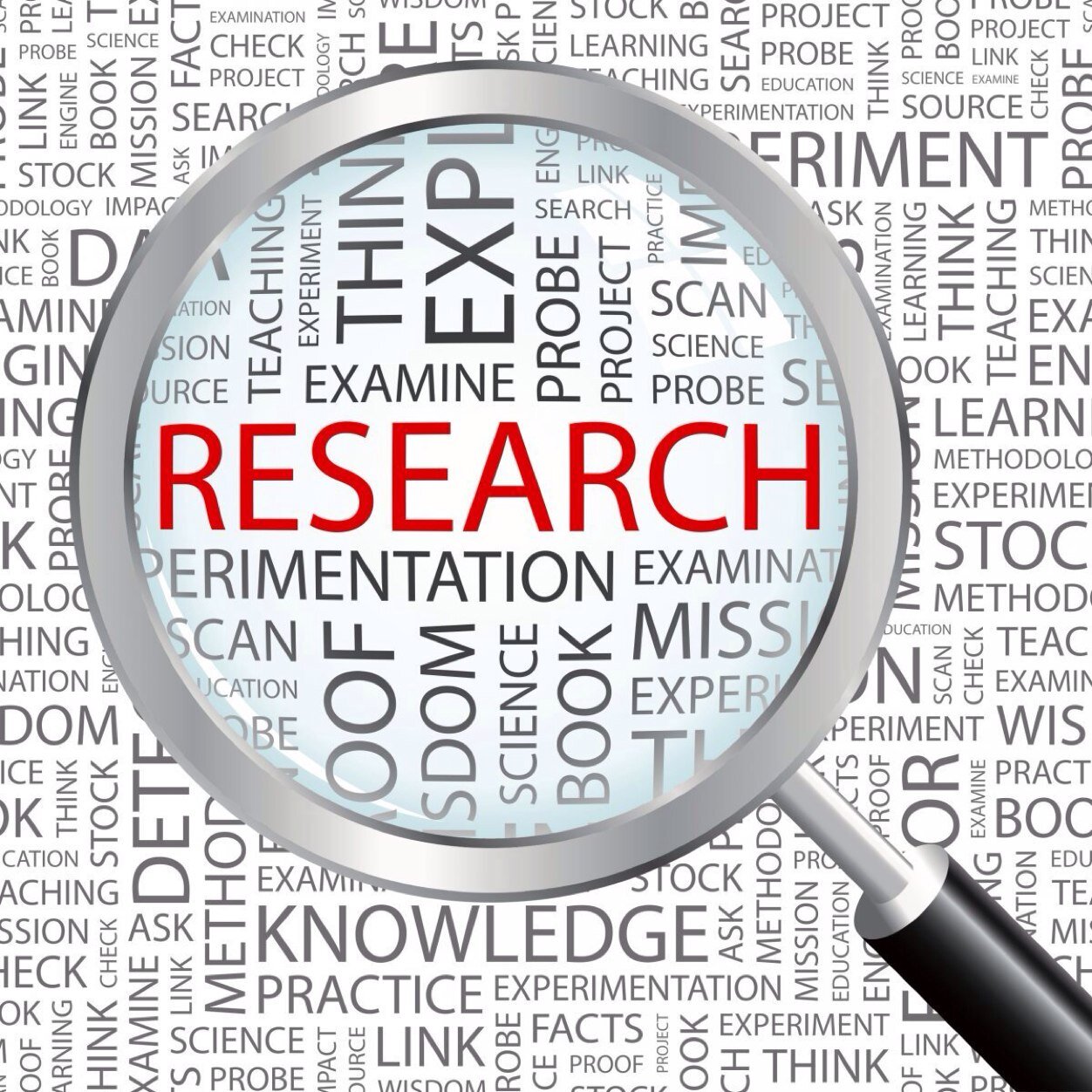By Shukran Abd Rahman and Aida Mokhtar
Human society has emerged from living in hunter-gathering age (manually, knowledge-based economy age) to bio-green economy age. The world is increasingly changing, thanks to the dynamic progress of digital edge, climate change, disruptive technologies brought by Industrial Revolution 4.0 (IR4.0) and, in turn, global competition which forces us to face many unknowns.
What will happen to the world in 2050 when its population reaches to about 9.7 billion people? What are the measures to ensure that we have enough food for them? How do we cope with the increasing demand for water, rapid urbanisation and poverty problem? How do we make sure that there is adequate health-care services when the life-span of human beings becomes longer?
We are currently talking about ensuring sustainable livelihood for our future and that of our future generation. This warrants for knowledge that could lead to innovation which attends to the needs of humans. Such responsibility should and could be undertaken by knowledgeable people who are researchers and academicians. Although we have a good number of knowledgeable talent and a good infrastructure, the extent of innovation is still small. Unlike in countries like South Korea, Singapore, Switzerland, United Kingdom, Denmark and Japan, a high percentage of Malaysian researchers are working at universities instead of in the industrial and business sectors. This, to some extent, has caused limited innovation capability in industrial sectors.

Prof. Datuk Dr. Asma Ismail, President of the Malaysian Academy of Science, emphasised the need to revisit the ways universities function vis a vis the needs of societies. According to her, the world should return to values-based system warranting university academics to conduct impactful research and development, substantiated with values. This necessitates academics to understand the bigger picture of their roles, hence invent new ways of education process, set new research paradigms; and accomplish other relevant tasks at universities.
We therefore need to strengthen academia-industrial linkages so as to transfer knowledge for innovation. We need to develop trust among industrial and business sectors towards researchers in universities. We must establish engagement with industries in order to benefit from their expertise and capabilities. We should conduct research and innovation that are industry-driven so as to serve and learn from them. Moreover, we need to ensure that our tasks in knowledge generation and publication are not detached of social development and transformation.
We must focus on creating impact instead of only on producing outputs expected of us in our Key Performance Indicators (KPIs). Failure to do this will jeopardise the actual functions of universities and cause the absence of benefits from universities for the community.
We also need to create awareness on the importance of values and wisdom among students and the community to enable them to fare well in the dynamically changing world. As stated by Prof Asma, population growth, food security, climate change, energy security, human disease and economic uncertainty require academics to reach and transfer knowledge to various groups and types of community to enable them to change and develop their quality of life. To her, as khalifah, we are responsible to yield key results or outcomes instead of only meeting the targeted output (e.g publications). It is critical for us to focus on creating outcome or impacts which are beneficial to the community.
Globalisation, global economic crisis, pandemics, and many other scenarios have caused disruptive changes that require us to adapt and be functional in our ecosystem. As academics, we must relate the knowledge domain that we specialise in with actions that manifest. We must make sure that the generated knowledge is disseminated to make it beneficial to others.
We must value the importance of creating impact on students who pursue studies in university. We must equip them with knowledge, skills, abilities, and other desirable characteristics that enable them to provide judicious solutions to the problems they encounter. We should nurture students with the right competencies so that they would be able to become agents of change when they return home. ***
This article is written based on input gathered in a talk by Prof. Datuk Dr. Asma Ismail during the KIRKHS Ibadah Camp 2020 held virtually on 15 January 2021.
(Prof. Dr. Shukran is Dean, KIRKHS, and an academician in the Department of Psychology, KIRKHS, IIUM)
(Dr. Aida Mokhtar is an academician in the Department of Communication, KIRKHS, IIUM and Coordinator in the Disability Services Unit, Office of the Deputy Rector (Student Development & Community Engagement), IIUM)
